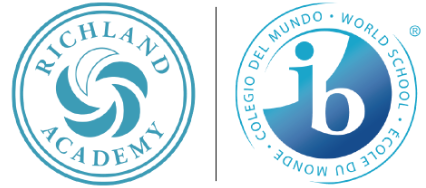Not every interest of the children leads into a full scale inquiry. Some interests ‘flare up’ for a moment, and quickly subside. Only a few children may seem interested in researching more, and so this interest is still respected, and resources left for these children to reference.  The volcanic rocks and sand have come from the volcanic island of Tenerife. The children were fascinated with the “bubbles” in the rock, and what they could discover in the sand. The materials were simply left for them to explore. For some it was purely a sensory experience, for others a gateway into creativity as they asked for ‘loose parts’ to design with. Others took on a more scientific focus, and wanted to know, “Do we have volcanoes in Canada?’
The volcanic rocks and sand have come from the volcanic island of Tenerife. The children were fascinated with the “bubbles” in the rock, and what they could discover in the sand. The materials were simply left for them to explore. For some it was purely a sensory experience, for others a gateway into creativity as they asked for ‘loose parts’ to design with. Others took on a more scientific focus, and wanted to know, “Do we have volcanoes in Canada?’  Their own volcanoes began to appear on the table, and the books on volcanoes are still be referred to during Quiet Reading Time. Collecting rocks is something many of the children choose to do at recess time or on our nature walks. I have often wondered why they choose to do this during their kindergarten years. When I asked them, it seemed they enjoyed ‘the doing of something’, both independently, and with a friend. “It’s just something we like to do.” They also seemed excited when they found a “writing rock”, one that was soft enough to make marks on the ground.
Their own volcanoes began to appear on the table, and the books on volcanoes are still be referred to during Quiet Reading Time. Collecting rocks is something many of the children choose to do at recess time or on our nature walks. I have often wondered why they choose to do this during their kindergarten years. When I asked them, it seemed they enjoyed ‘the doing of something’, both independently, and with a friend. “It’s just something we like to do.” They also seemed excited when they found a “writing rock”, one that was soft enough to make marks on the ground.
‘Many children, especially the first graders, compared their material possessions to those of others. They suggested that collecting was a way of getting “more” of something than others have. Courtney (1st) said, “I try to get the most jewelry” and Chelsea (1st) said collecting rocks was an important thing for her to do “because every time I find a new rock I get more rocks in my collection.” Thus, for many first graders having “more is better” and the desire to get “more” motivates their collecting.’ (As Collectors: a Phenomenological Study of First and Fifth Graders Stacey Menzel Baker, University of Nebraska-Lincoln and James W. Gentry, University of Nebraska-Lincoln )









